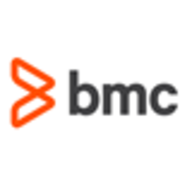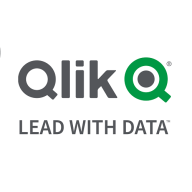

Find out in this report how the two Database Development and Management solutions compare in terms of features, pricing, service and support, easy of deployment, and ROI.

Transform the management of your DB2 databases to meet the scale and complexity of digital business
Qlik Sense is a powerful business intelligence tool that offers a range of features to help organizations make faster and more informed decisions. Its primary use cases include operational and financial dashboards, self-service reporting, and centralized access to cross-functional reports. The solution is praised for its mobile platform, ease of use, data-sharing capabilities, and extensibility.
Qlik Sense has helped organizations improve data literacy, reduce time consumed in complex reports, and provide widely available MI to senior stakeholders. It also enables self-service analytics, improves data quality and governance, enhances collaboration, and reduces costs.
We monitor all Database Development and Management reviews to prevent fraudulent reviews and keep review quality high. We do not post reviews by company employees or direct competitors. We validate each review for authenticity via cross-reference with LinkedIn, and personal follow-up with the reviewer when necessary.